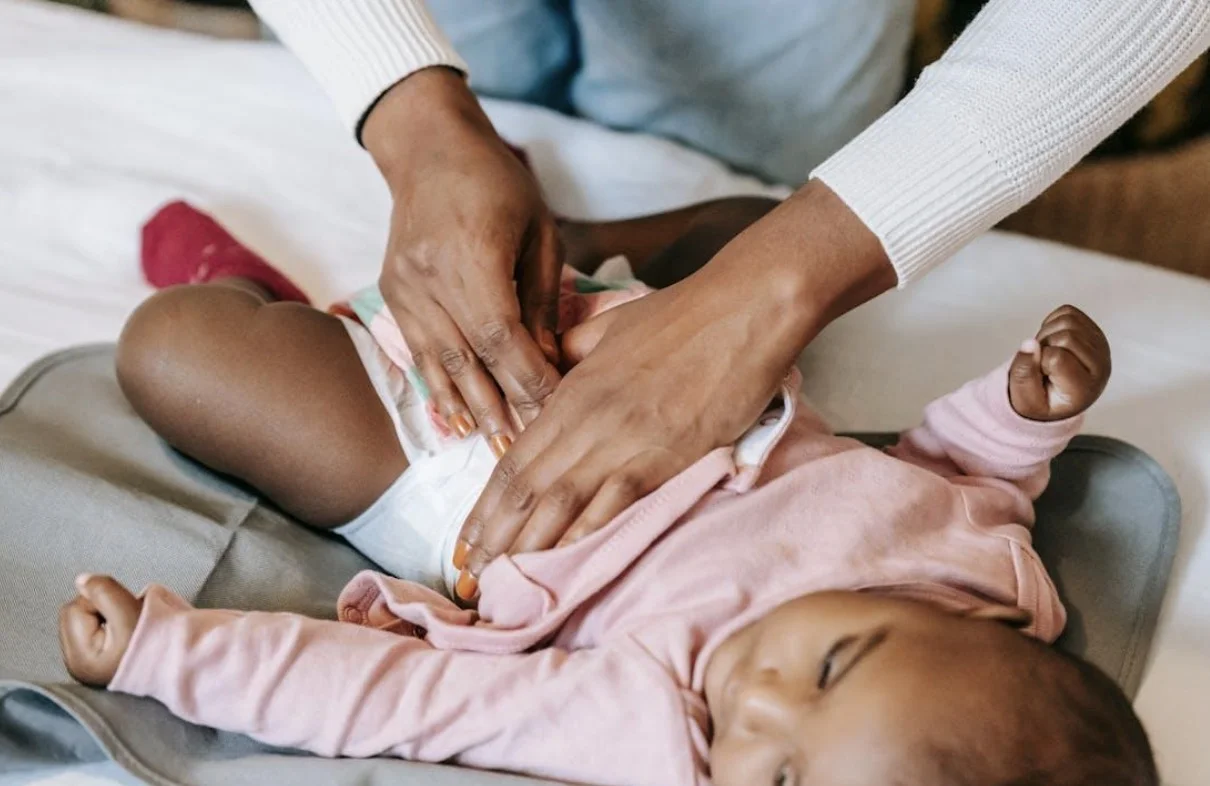Navigating the ups and downs of friendships is a crucial part of growing up, but what happens when those friendships end? For many children and teens, the end of a close friendship can be as heart-wrenching as any romantic breakup. Parents play a vital role in helping their children cope with these emotional upheavals. Keep reading to learn some practical steps parents can take to support their child through the pain of this specific type of break up, promoting resilience and emotional growth.
Understanding the Impact of a Friendship Breakup
A friendship breakup can be a significant emotional challenge for a child or teenager. The feelings of loss, betrayal, and loneliness can be overwhelming, especially if it was their first close friendship. This experience can shake their confidence in forming future relationships and stir up a range of emotions, from sadness and anger to confusion and self-doubt. Recognizing the depth of these feelings is the first step for parents in providing the right kind of support. During this time, children need reassurance that it’s normal to feel upset and that it’s okay to grieve the loss of a friendship.
How to Talk About Friendship Breakups
Opening a dialogue about the friendship breakup is crucial. Encourage your child to express their feelings and share their thoughts on what happened. This conversation is not just about listening but also about helping your child reflect on their experiences and emotions. Use open-ended questions to guide the discussion, such as “How do you feel about what happened?” or “What was the most hurtful part of this experience for you?” Understanding their feelings can help them begin to process the friendship breakup and start to heal.
Supporting Emotional Recovery
After acknowledging and discussing the emotional impact, it’s important to help your child find ways to cope with the loss. Engage them in activities that fill the void left by the lost friendship and boost their mood. Whether it’s picking up a new hobby, spending more time with family, or making new friends, these activities can help restore their self-esteem and happiness. Ensuring they have a healthy routine is crucial; this includes having a balanced diet, regular physical activity, and sufficient sleep. Research tips to help your teen sleep better, which can significantly improve their emotional well-being during this tough time.
Encouraging New Social Connections
While it’s important to give your child time to heal, encouraging them to forge new social connections can play a crucial role in their recovery. Help your child identify interests or activities they are passionate about, such as sports, arts, or community service, and look for clubs or groups that align with these interests. Joining these can provide a natural setting for making new friends who share similar passions, potentially leading to more fulfilling and supportive friendships. Remind them that building new relationships takes time and that they should be patient with themselves and others during this process.
Fostering Resilience and Personal Growth
Dealing with a friendship breakup provides a pivotal opportunity for personal growth and developing resilience. Discuss with your child what they’ve learned from their experience and how they can apply these lessons to future relationships. Encourage them to think about what qualities they value in a friend and what they aspire to in their own behavior as a friend. This reflection can help them choose healthier relationships in the future and better manage conflicts and challenges. Teaching them coping strategies for handling disappointment and loss can also strengthen their emotional resilience.
When to Seek Further Help
While many children and teens can recover from a friendship breakup with parental support and time, some might struggle more significantly. If your child shows persistent signs of depression, anxiety, or social withdrawal, it might be time to seek professional help. A counselor or therapist can provide a safe space for your child to explore their feelings and develop additional strategies to manage their emotional pain. Parents can search for a teen treatment program near me online to find local mental health resources specializing in adolescent issues, ensuring that the child receives the comprehensive support they need.
A friendship breakup is a challenging but common part of growing up that can deeply affect a child’s emotional well-being. By providing a supportive environment, encouraging open communication, and fostering new social connections and personal growth, parents can help their children navigate through this difficult time. Remember, the goal isn’t just to help your child move past the pain but to grow from the experience, developing into a more resilient and emotionally intelligent individual. With the right support, this trying time can transform into a valuable learning experience, paving the way for healthier, more rewarding relationships in the future.






